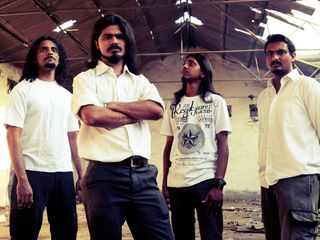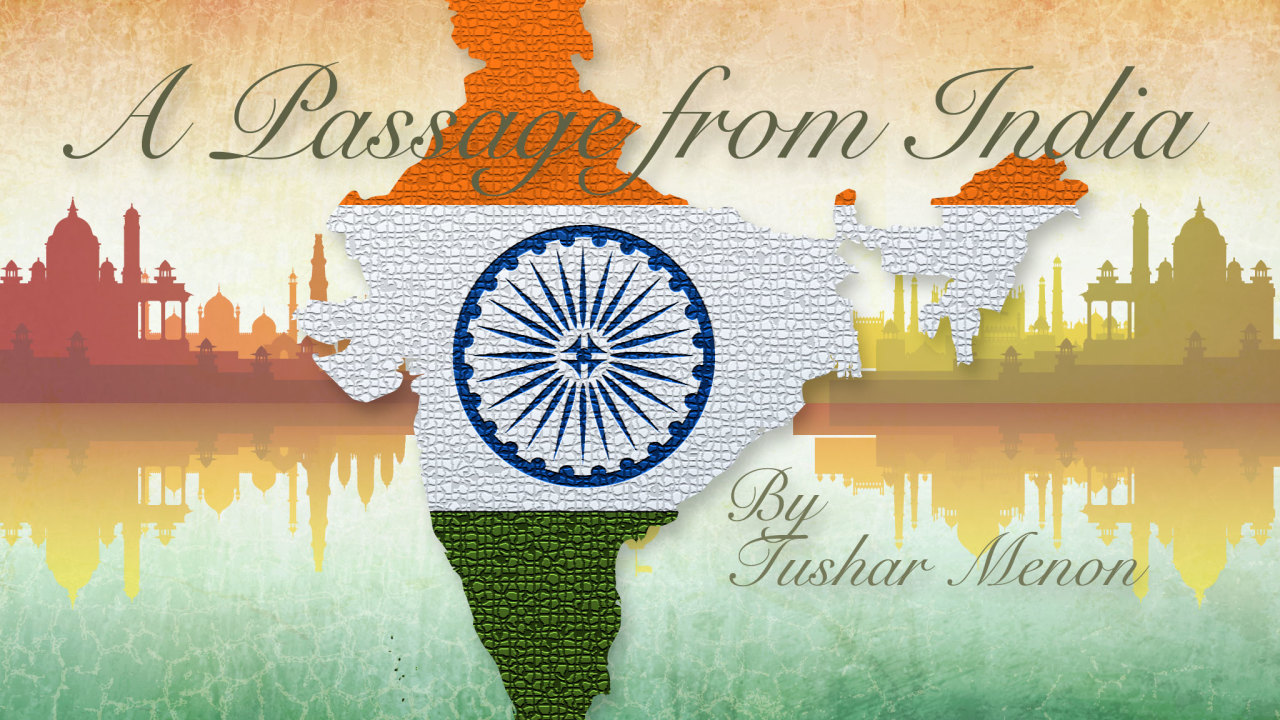A few weeks ago, at a friend’s Christmas party, I was introduced to someone who told me that he plays in an accessible math rock band.
My predictable response was, “Surely that’s just prog”, a comment which was met with surprising hostility. The conclusion to that story is irrelevant. No doubt he went off on a rant about some whiny ignorant prog guy who doesn’t understand the spirit of math rock whilst he worked out what the lowest common multiple of 5, 7 and 11 is. But it did get me thinking about the notion of accessibility within prog.
A problem that I encounter often when trying to introduce people to this, the genre of all genres, is how to disguise the abstruse complexity of the music to unimpressed non-musicians. Which means that I have to eschew The Revealing Science Of God, for example, in favour of Going For The One. Nihil Morari loses out to Linoleum, Octavarium to The Silent Man. Luminol to Postcard. The list goes on.
This is not to say that the in the songs referred to above, complexity and accessibility are mutually exclusive. But a sustained listening session through any of these albums does lead to a natural distinction between the songs which tend toward accessibility and those toward complexity.
Enter Coshish, one of the finest proponents of accessibility in prog rock in recent years. The quartet from Mumbai released their remarkable debut album_ Firdous_ in 2013. The very first thing that strikes the listener is the novelty of the language - the entire album is sung in Hindi, putting Coshish (whose name translates to ‘attempt’) in the sparse category of prog bands which sing in a language other than English (Lazuli and early Beardfish are exemplars of the high quality that that category contains). It is a bold choice, but one borne out of a natural facility that lead singer and lyricist Mangesh Gandhi has with the language. Co-founding member and lead guitarist Shrikanth Sreenivasan explains, “Mangesh was always more confident in Hindi. It just seemed more natural, it wasn’t a conscious decision.” Bassist Anish Nair chimes in, on the subject of Hindi rock bands, “Most Hindi rock bands are vocalist-fronted. The rest of the band is relegated to the status of a side-order. That’s very different from the what things are like in Coshish.”
Perhaps the most striking feature on repeated spinning of the album is just how much detail, thought and musical depth the work contains. It is possible to listen to the entire album and think that there is little more to it than a few simple chords and vocal melodies (at which level Firdous can already be considered a masterpiece). But scratch the surface and you are rewarded with a veritable panoply of polyrhythms, meticulously constructed harmonies and subtle orchestrations. Drummer Hamza Kazi describes the contribution to the dynamics that his and Anish’s entry to the band made: “Mangesh had written a few songs as a singer-songwriter, and Shrikant had added his guitar parts and riffs. Anish and I brought in influences which gave those initial songs a prog bent.”

The prog bent is noticeable from the opening title track, which ensconces rapidly changing time signatures and rhythmic illusions in a warm, melodic blanket. It brings to mind sections of Damnation by Opeth mixed with the aesthetic sensibilities of Lateralus-era Tool, the latter being Hamza’s favourite prog album of all time. But to liken Coshish too much to any of their influences would be a disservice.
I first met Hamza very briefly in London at the IndigO2 where Porcupine Tree were wrapping up their Nil Recurring tour. Two years later when Steven Wilson and co. made their first trek to India promoting The Incident, I discovered the extent of Hamza’s immersion in the genre when we spent the better part of that day exchanging prog stories (a tradition that continues to this day). It is fitting that Porcupine Tree was the band that introduced me to Hamza and Coshish. The bands share a blueprint - a sharp focus on songwriting, which belies an underlying complexity built on a foundation of subtle, virtuoso drumming.
Instrumental sophistication aside, it is the quality of the songwriting which is the most rewarding aspect of the experience of listening to Firdous. This is an album which demands dedicated, uninterrupted listening. The lyrical content is mirrored in the structure of the album. What is staggering is that Coshish have managed to create an album in a language which many people outside India would struggle to understand lyrically, but whose thematic power is captured exquisitely by the music. Hamza summarises the concept as “the story of attaining salvation through giving up worldly pleasures.” With just that description in mind, one sees how the narrative develops over the course of the album, culminating in a monolithic climax executed over the two heaviest songs, Maya and the moving instrumental closer Mukti.
The cogency and power of the album is all the more remarkable considering it is a debut album. Coshish have elaborate plans for follow-up material, in the form of a DVD to be released later this year, and are also working on material for the successor to Firdous. It simply can’t come soon enough.

